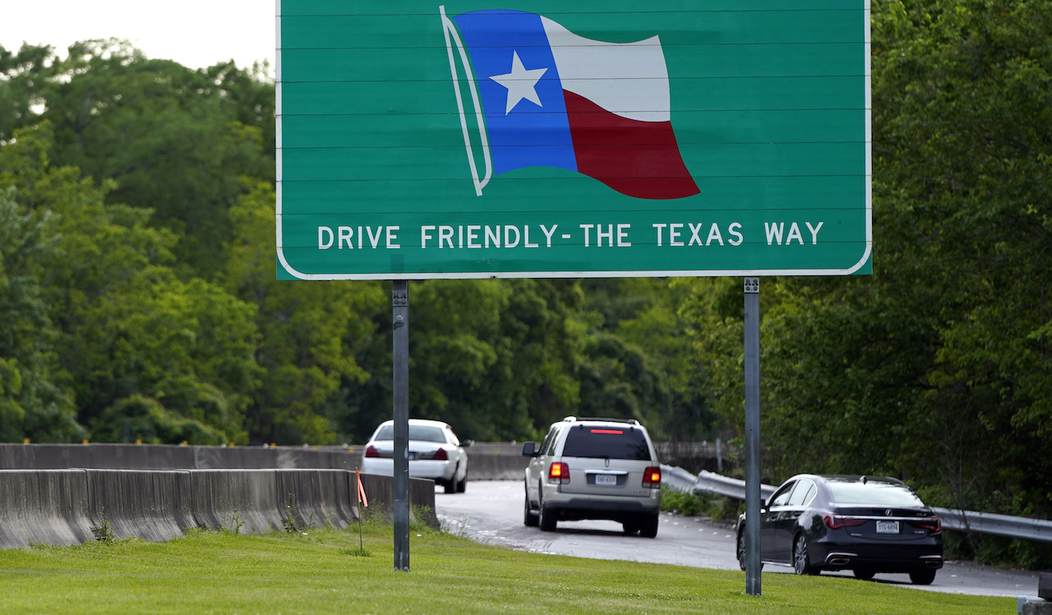The New York Times' David Leonhardt writes about the famed economist Arnold Kling, who tried to define the difference between liberals and conservatives.
"Progressives, Kling wrote, "see the world as a struggle between the oppressor and the oppressed, and they try to help the oppressed. Conservatives see the world as a struggle between civilization and barbarism — between order and chaos — and they try to protect civilization."
The current roiling on college campuses is a perfect illustration of that axiom. As a child of the protest era, I have very mixed feelings in some ways about what's happening at universities. I'm not exactly a free speech absolutist, but I tend to err on the side of freedom of expression even if that expression is disagreeable, even hateful.
That's why looking at what Gov. Greg Abbott (R-Texas) set in motion on the campus of the University of Texas-Austin on Wednesday is so troubling.
Arrests being made right now & will continue until the crowd disperses.
— Greg Abbott (@GregAbbott_TX) April 24, 2024
These protesters belong in jail.
Antisemitism will not be tolerated in Texas. Period.
Students joining in hate-filled, antisemitic protests at any public college or university in Texas should be expelled. https://t.co/XhLlQdvUl0
Look at the same action from another perspective from a First Amendment attorney.
Incredibly disturbing footage out of Texas where authorities appear to be barring any pro-Palestinian protest at all in open outdoor areas of campus — not just disruptive ones. This appears to be a blatant violation not just of the First Amendment but S.B. 18 which requires these… https://t.co/4QIgl2PwGu
— Alex Morey (@1AMorey) April 25, 2024
More than 50 of the protesters were arrested, including a photojournalist and people who weren't doing anything except standing around. Was this overzealousness necessary?
You can condemn what's happening at Columbia with antisemites threatening Jewish kids and occupying private property while wondering if the crackdown on protesters at UT went too far.
If universities do not enforce their own rules against such behavior, the rules have no meaning, administrators fear. Other protesters, seeing their own causes as existential, could likewise halt normal life. Perhaps they would be climate activists or students outraged by China’s oppression of Uighurs — or even demonstrators with right-wing views unpopular on American campuses. If anti-abortion protesters were to take over a quad for days, would university administrators ignore their own campus rules?
Jason Riley, a Wall Street Journal columnist, has compared the protesters’ tactics to those of the white residents of Arkansas who tried to use physical intimidation to prevent the enforcement of a law they didn’t like: school desegregation. President Dwight Eisenhower responded by proclaiming that “disorderly mobs” could not triumph, Riley noted.
“We cannot have one group dictate terms and attempt to disrupt important milestones like graduation to advance their point of view,” Minouche Shafik, Columbia’s president, wrote to the campus this week.
The fact is that the First Amendment can't exist in a vacuum. There is no "absolutism" because all of us — 330 million of us — have to exist in the same space. We'd be at each other's throats unless there were rules that occasionally infringed on our rights.
Those Texas troopers were doing their jobs — a nearly impossible job of trying to protect persons and property while respecting the First Amendment rights of the protesters. Pointing out their deficiencies is nitpicking.










Join the conversation as a VIP Member